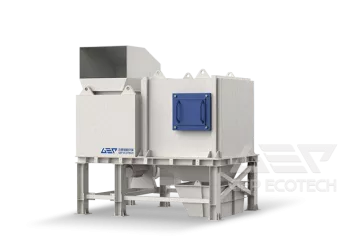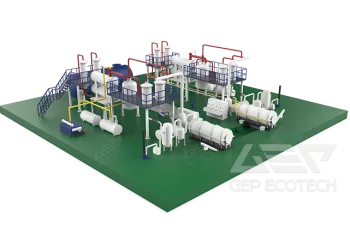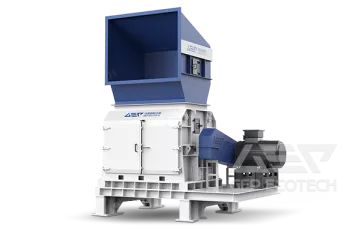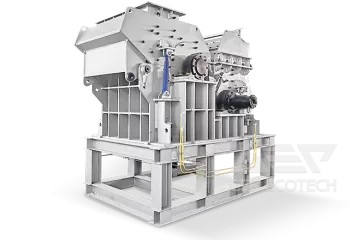Australia faces a significant challenge in managing end-of-life tyres due to their environmental impact and sheer volume. To tackle this issue, various tyre recycling plants have emerged across the country, employing different methods and equipment to responsibly manage and recycle used tyres.
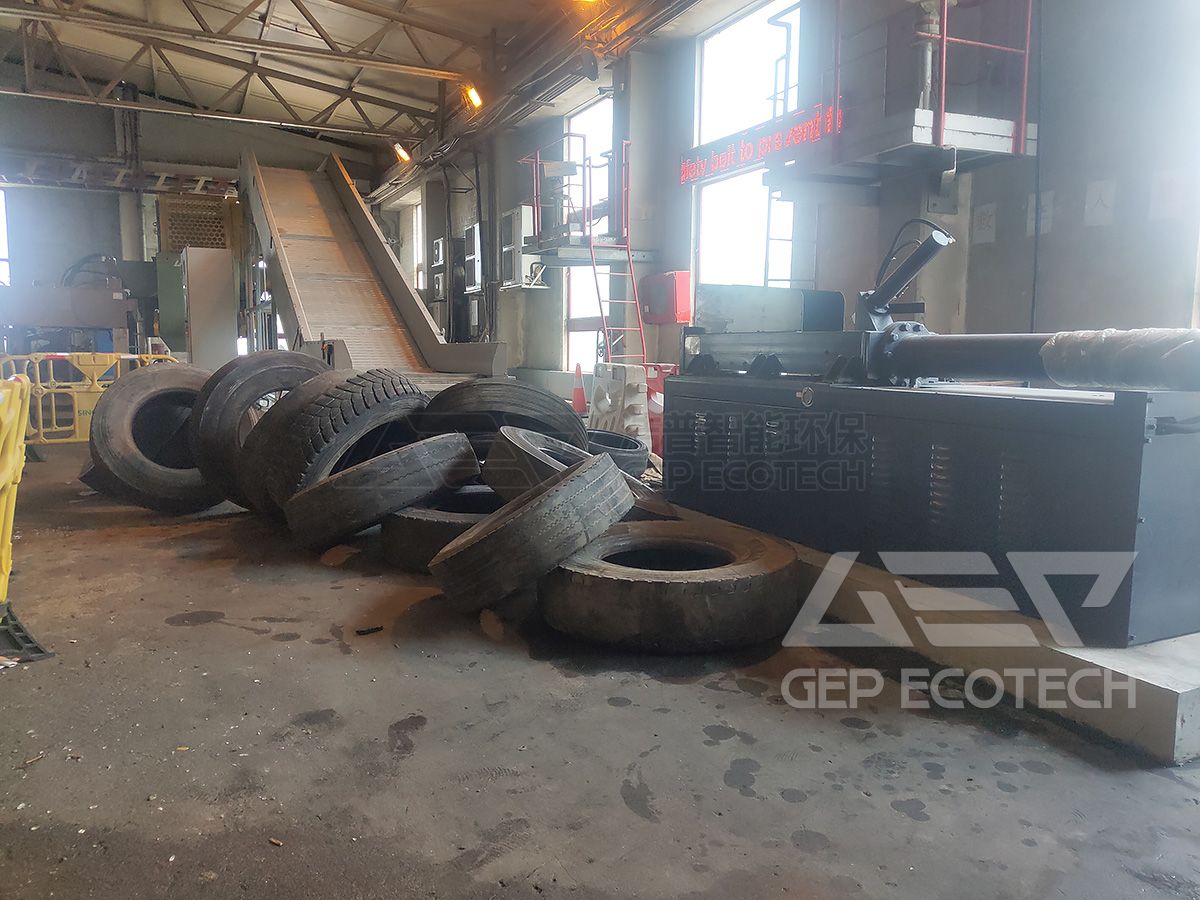
Types of Available Tyre Recycling Lines
In Australia, several types of tyre recycling lines are available, catering to different scales of operations and processing capabilities:
- Crumb Rubber Production Lines: These lines utilize a series of machines to shred, granulate, and refine tyres into smaller rubber particles known as crumb rubber. This material finds use in various applications, including asphalt modification, sports surfaces, and manufacturing new tyres.
- Pyrolysis Plants: Pyrolysis involves heating tyres in an oxygen-free environment to break them down into valuable by-products like pyrolysis oil, carbon black, and steel. This process offers a path for reusing tyre-derived materials in various industries.
- Shredding and Granulating Lines: These lines involve primary shredding to reduce tyre size, followed by granulation or further processing to obtain smaller rubber granules used in construction, playgrounds, and composite materials.
Tyre Shredding and Granulating Line
Main Equipment in Tyre Recycling Lines
The tyre recycling lines often include a combination of specialized equipment:
- Tyre Shredders: Used for primary shredding, reducing tyres into smaller pieces for further processing.
- Granulators or Crushers: These machines further break down shredded tyres into granules or finer particles.
- Separation Equipment: Devices like tire wire separator, tire bead wire puller, vibrating screen or air separators separate rubber, steel, and fibres for individual processing.
Tyre recycling in Australia encompasses diverse approaches and equipment, aiming to mitigate the environmental impact of end-of-life tyres. While these plants and processes vary, their common goal is to efficiently recycle tyres, reducing their negative environmental footprint and transforming them into valuable resources for various industries.
The advancement and adoption of innovative recycling technologies continue to play a crucial role in Australia's efforts to achieve sustainable tyre waste management and promote a circular economy.


